Following up its widely acclaimed reissues of the Juilliard Quartet’s complete Epic and RCA Victor albums – originally issued between 1956 and 1960 – Sony Classical is excited to present a new box set collecting the earliest albums of this august American ensemble. Made between 1949 and 1956 in Columbia’s studio on Manhattan’s 30th St., these landmark recordings are mostly new to CD.
From its first appearances in New York, the Juilliard Quartet was identified as a champion of modern music. Its first recordings for American Columbia, all included here, were dedicated to the works of Alban Berg and Béla Bartók (then only recently deceased), as well as to Arnold Schoenberg (still very much alive), and to active American composers including William Schuman. But the heart of this release comprising 16 newly mastered CDs and also featuring works by Mozart, Ravel, Webern, Milhaud, Copland, Peter Mennin, Alexei Haieff and Andrew Imbrie, are three discs containing the premiere of Béla Bartók’s six quartets on records, which were set down in 1949. They appeared on LP and 78s the following year, bringing the Juilliard Quartet its first real celebrity. Recorded on 78-rpm shellacs rather than on tape, this path-breaking set thus consists of live, unedited performances. When reissued some years ago on CD – the only portion of the new Sony Classical box set ever to have appeared before on silver discs – it was rapturously praised in Fanfare magazine for “its joy of discovery, which remains completely fresh and vivid” even though numerous other traversals of the Bartók cycle had appeared in the meantime.
Another Juilliard milestone was the premiere of Arnold Schoenberg’s four quartets on records, set down in 1951–52. At last, all these historic Juilliard String Quartet recordings are available to today’s music lovers.
REVIEWS:
[An] engrossing 16-disc box set of [the Juilliard Quartet's] earliest recordings for the Columbia label, many appearing on disc for the first time.
What other quartet of that era would have made its recorded debut not with standard repertoire but with a cantata by Darius Milhaud, written just a few years before? There are works here by composers both renowned (Berg, Webern, Copland) and virtually forgotten (Peter Mennin, Alexei Haieff), all rendered in the Juilliard’s trademark sound: X-ray clear and devoid of schmaltz.
Two complete cycles anchor the set: Bartok (the first recording of his six quartets) and Schoenberg. Given how unfamiliar these works were at the time, the Juilliard’s confidence and authority is stunning. Subsequent recordings may have disclosed other aspects of this repertory, but that does not dampen the freshness and sense of discovery audible here.
-- The New York Times
If patience is a virtue, then fans of the Juilliard String Quartet’s earliest records must be saints. For only now have these much-cherished monaural recordings returned to circulation, some 70 years after their debuts, in a new 16-CD set from Sony Classical titled “Juilliard String Quartet: The Early Columbia Recordings, 1949-56.” The quartet, currently observing its 75th anniversary, is still going strong, though the present ensemble naturally comprises personnel entirely different from those selected for the group at its founding in 1946 by the composer William Schuman, then president of the famed Juilliard School in New York.
Sony has been good to the Juilliard, having previously released important sets of recordings from a bit later in the group’s life, specifically the 1950s and ’60s, when the quartet made what quickly became fabled discs for Epic and RCA Victor. The addition of this box means the quartet’s early prime is now thoroughly documented. (That said, good luck acquiring those Epic and RCA reissues, which were quicky snatched up—something worth keeping in mind while pondering this latest one.)
String quartets, with their changing personnel and specialized repertory, have rarely achieved lasting fame, at least among the larger population. They have never in modern times commanded the attention that celebrated instrumental soloists garner, and they haven’t the institutional resources that orchestras command. So releases like this one serve a special purpose. They make us aware of great musicians who might otherwise be, at best, dimly recalled. And, certainly in this case, they return to public attention extraordinary performances that should never have been out of the limelight.
-- The Wall Street Journal


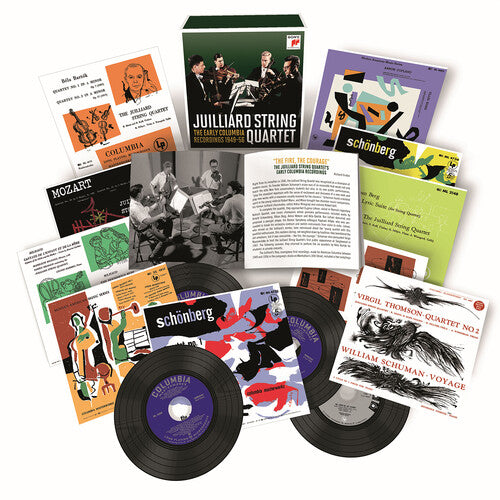
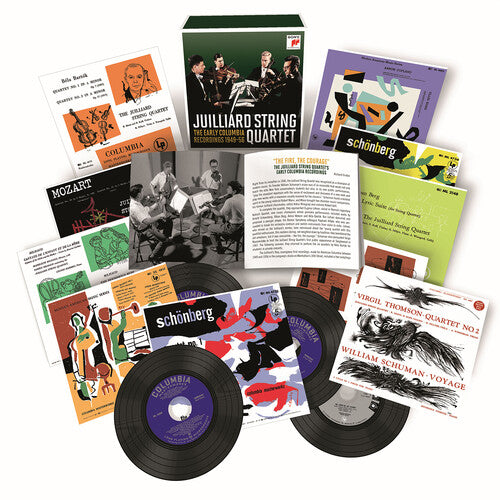 {# optional: put hover video/second image here positioned absolute; inset:0 #}
{# optional: put hover video/second image here positioned absolute; inset:0 #}
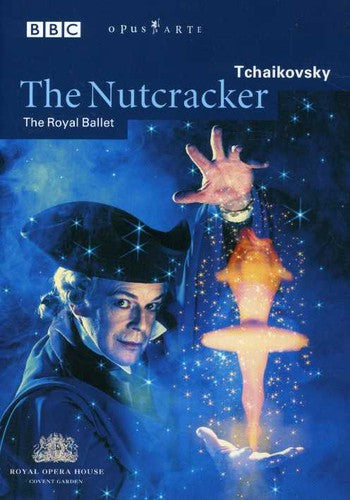
 {# optional: put hover video/second image here positioned absolute; inset:0 #}
{# optional: put hover video/second image here positioned absolute; inset:0 #}


 {# optional: put hover video/second image here positioned absolute; inset:0 #}
{# optional: put hover video/second image here positioned absolute; inset:0 #}
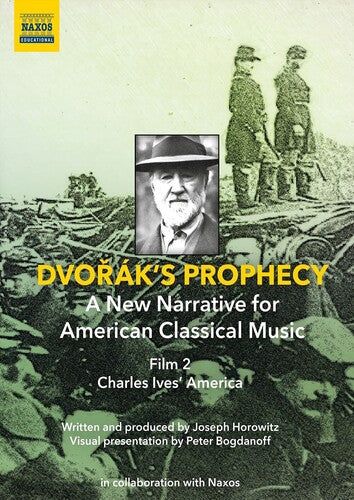
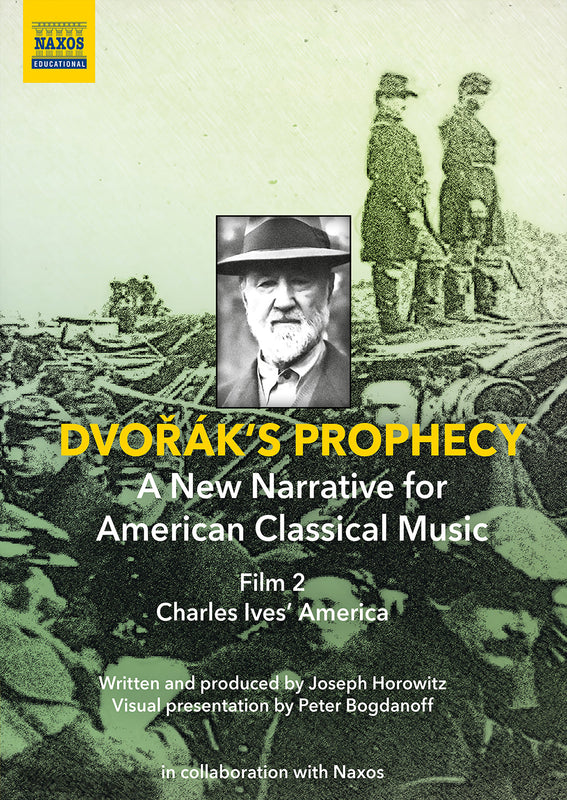
![Dvorak's Prophecy - Film 2 - Charles Ives' America [DVD]](http://arkivmusic.com/cdn/shop/files/4009960-2746028.jpg?v=1749286587&width=800) {# optional: put hover video/second image here positioned absolute; inset:0 #}
{# optional: put hover video/second image here positioned absolute; inset:0 #}

 {# optional: put hover video/second image here positioned absolute; inset:0 #}
{# optional: put hover video/second image here positioned absolute; inset:0 #}


 {# optional: put hover video/second image here positioned absolute; inset:0 #}
{# optional: put hover video/second image here positioned absolute; inset:0 #}


 {# optional: put hover video/second image here positioned absolute; inset:0 #}
{# optional: put hover video/second image here positioned absolute; inset:0 #}


 {# optional: put hover video/second image here positioned absolute; inset:0 #}
{# optional: put hover video/second image here positioned absolute; inset:0 #}


 {# optional: put hover video/second image here positioned absolute; inset:0 #}
{# optional: put hover video/second image here positioned absolute; inset:0 #}


 {# optional: put hover video/second image here positioned absolute; inset:0 #}
{# optional: put hover video/second image here positioned absolute; inset:0 #}
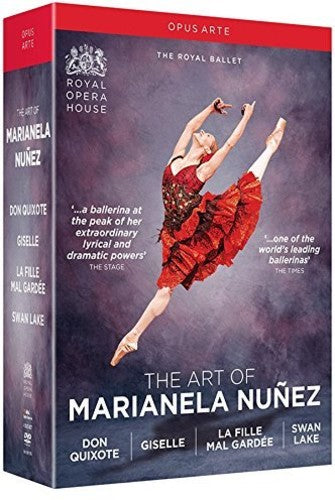
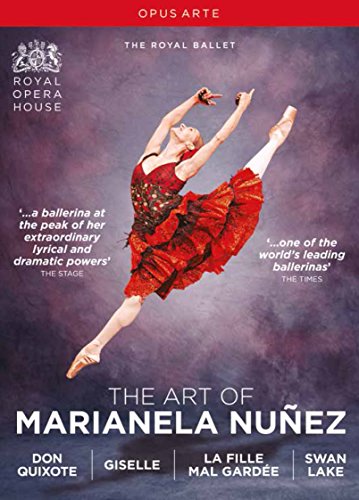
 {# optional: put hover video/second image here positioned absolute; inset:0 #}
{# optional: put hover video/second image here positioned absolute; inset:0 #}


 {# optional: put hover video/second image here positioned absolute; inset:0 #}
{# optional: put hover video/second image here positioned absolute; inset:0 #}


 {# optional: put hover video/second image here positioned absolute; inset:0 #}
{# optional: put hover video/second image here positioned absolute; inset:0 #}


 {# optional: put hover video/second image here positioned absolute; inset:0 #}
{# optional: put hover video/second image here positioned absolute; inset:0 #}


 {# optional: put hover video/second image here positioned absolute; inset:0 #}
{# optional: put hover video/second image here positioned absolute; inset:0 #}